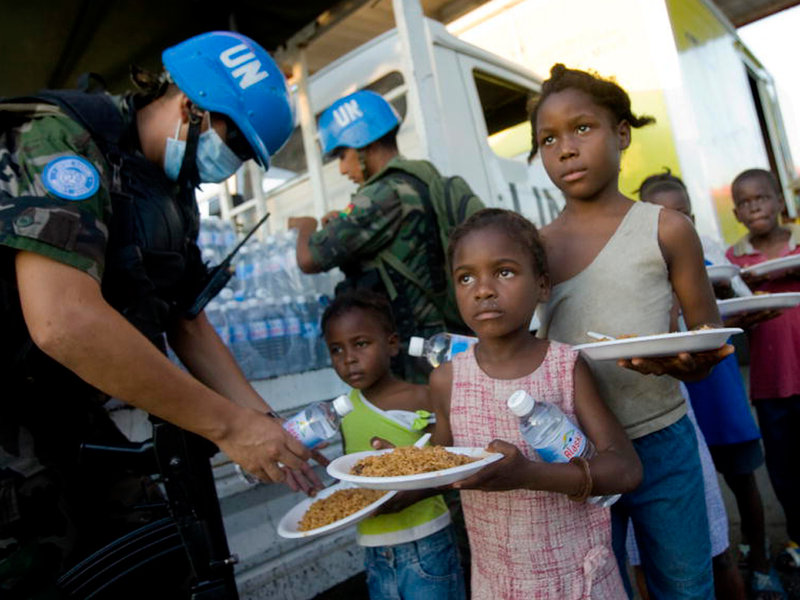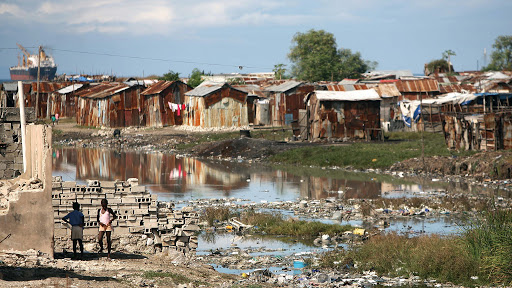MONEY RAISED TO HELP HAITI
International aid organizations raised a total of $13 million for Haiti. The World Bank, an organization that provides grants and loans to the government of low income countries, provided $100 million. The Red Cross raised half a billion dollars, making it “one of its most successful fundraising efforts ever”.While in the aftermath of the quake, efforts by international aid organizations to provide medical assistance, food, and water to Haitians were obstructed by the failure of the electric power system, loss of communication lines, and roads blocked with debris.

THE RED CROSS SCANDAL
Along with the $500 million raised, the Red Cross promised to build Haiti new roads, school and homes. NPR and ProPublica went in search of the nearly $500 million raised and found a string of poorly managed projects and questionable spending according to a review of the charity’s internal documents, as well as interviews with a dozen current and former officials.The Red Cross says it has provided homes to more than 130,000 people, but the number of permanent homes the charity has built is six. The Red Cross’ initial plan, was to build roughly 700 homes with toilets and showers which are considered luxuries in Haiti. They would start in Campeche, a hillside neighborhood in Port-au-Prince where residents lived in mud and sheet metal shacks. Today, there has yet to be a house built there. After these accusations, the Red Cross came out with a response on their website. David Meltzer, Chief International Officer of the American Red Cross, wrote the response, saying that 6 permanent houses were built and the other 3 communities that were supposed to be built weren’t because “there were competing claims of land ownership and clear land title couldn’t be established”. Meltzer also mentions that “the Red Cross provided emergency shelter in the form of 860,000 tarps to people who’s homes were damaged or destroyed” but it is only a “short term solution”. Today, 85,000 Haitians who lost there homes to the earthquake are still living in tents, tarps and slums where there’s no electricity, running water or a sanitation system in place.
